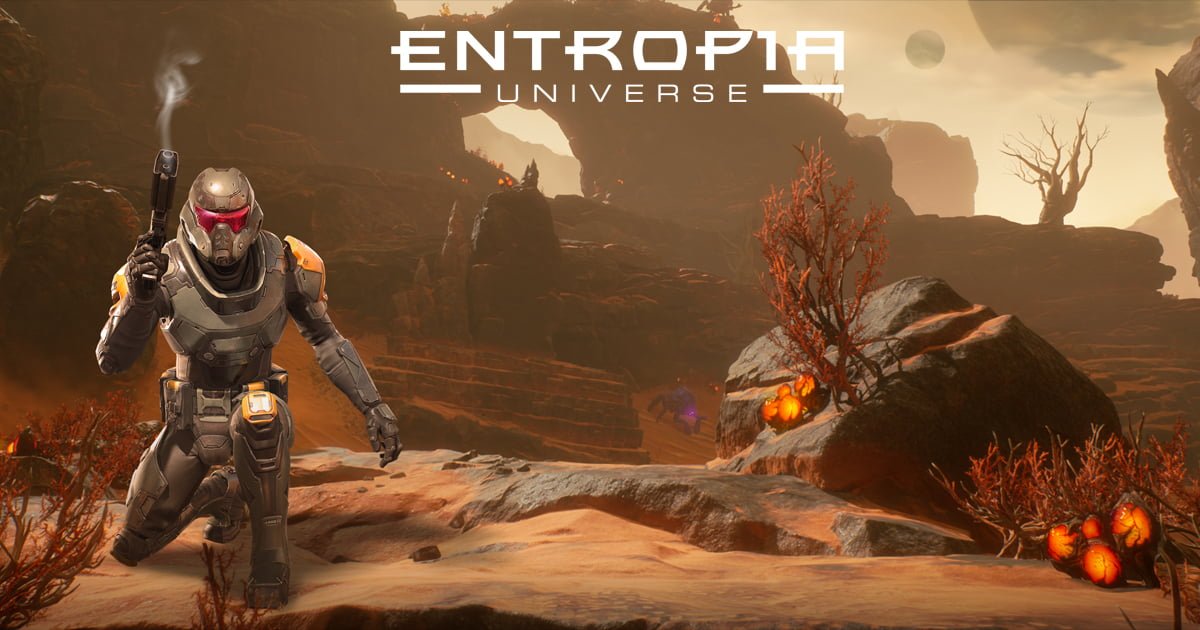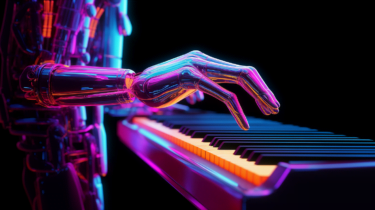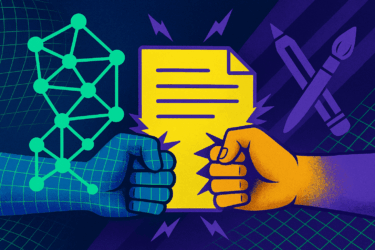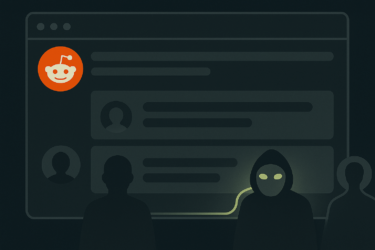Swedish game company Mindark is using AI to create new work processes - and believes it'll need fewer employees as a result.
At the end of May, Mindark announced that it was laying off 25 employees. At the time, that represented 40 percent of its workforce, mostly from its graphics and world design teams. Mindark develops the online role-playing game "Entropia Universe," which has been on the market for more than 20 years.
Mindark cited strategic goals around AI that will lead to restructuring and a "sustainable cost base for the future". The AI strategy was unveiled by Mindark in early February 2023.
"The focus now shifts towards the development of AI-generated virtual worlds, which will eventually reduce the barriers of entry for users and partners to own planets or areas compared to the present day," the company said in a note to shareholders.
Move to AI took place over the summer
In an August 15 letter to shareholders, Mindark CEO Henrik Nel Jerkrot confirmed the restructuring that took place over the summer. The transition was not without challenges, he said, but the remaining employees were able to make development more time-efficient.
It is not clear from the company's announcement how many employees were actually let go, or if and with what AI technologies they were replaced. Generative AI models can produce graphics assets for video games and early 3D graphics.
Nel Jerkrot declined to comment to the Swedish business magazine Kollega. But games unionist Björn Norberg, who led the negotiations, confirmed the layoffs, as did graphic designer Hugo Borg, who was himself laid off.
Norberg says that his union needs to find ways to address the issue of AI and jobs in the future, but that it is difficult to argue against financial benefits.
Game developers have embraced AI, with a whopping 87% of studios using AI tools, according to VC firm Andreessen Horowitz. The study, which surveyed 243 game studios, found that these tools are primarily used for design inspiration, storyboarding, and storytelling.
Leading the pack of AI software are ChatGPT and Midjourney, with Github Copilot providing coding assistance. Two generative AI systems designed specifically for game development, Leonardao.ai and Scenario, continue to gain popularity.
Going forward, 64% of studios plan to fine-tune AI models with their data, demonstrating a solid commitment to the future application of AI.






